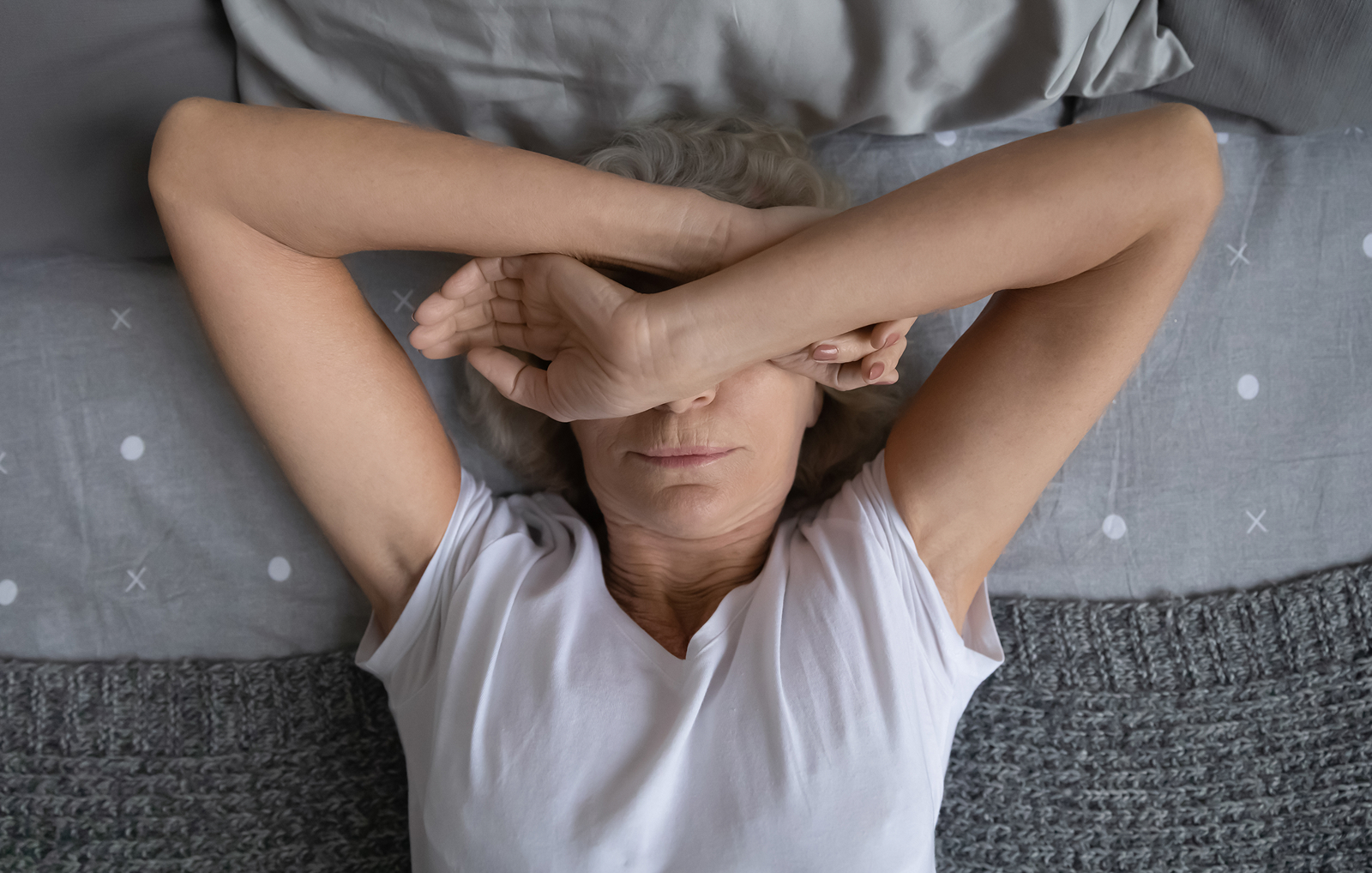
This is a common complication, especially in the later stages of CKD, but it’s often treatable.
Anaemia happens when you don’t have enough red blood cells or haemoglobin to carry oxygen around your body. This can leave you feeling tired, short of breath, or low in energy.
Healthy kidneys produce a hormone called erythropoietin (or EPO). This helps your bone marrow make red blood cells.
As kidney function declines, your body may not make enough EPO. That means fewer red blood cells are produced, which leads to anaemia.
Other causes can include:
Anaemia can come on slowly and be easy to miss. Symptoms include:
Not everyone will get all of these symptoms, and some may overlap with other conditions, so regular blood tests are important.
A simple blood test can check for anaemia. Your clinician may measure:
These tests help determine both the presence and the cause of anaemia.
Treatment depends on the cause. Your healthcare team may suggest:
In more severe cases, a blood transfusion may be needed, but this is less common.
Anaemia can affect how you feel day to day, but with the right treatment and support, most people feel much better.
Disclaimer
This article is for educational purposes only and should not be used as a substitute for medical advice. Always speak to your doctor, nurse or pharmacist about your individual care. The information reflects NHS and NICE guidance at the time of publication.